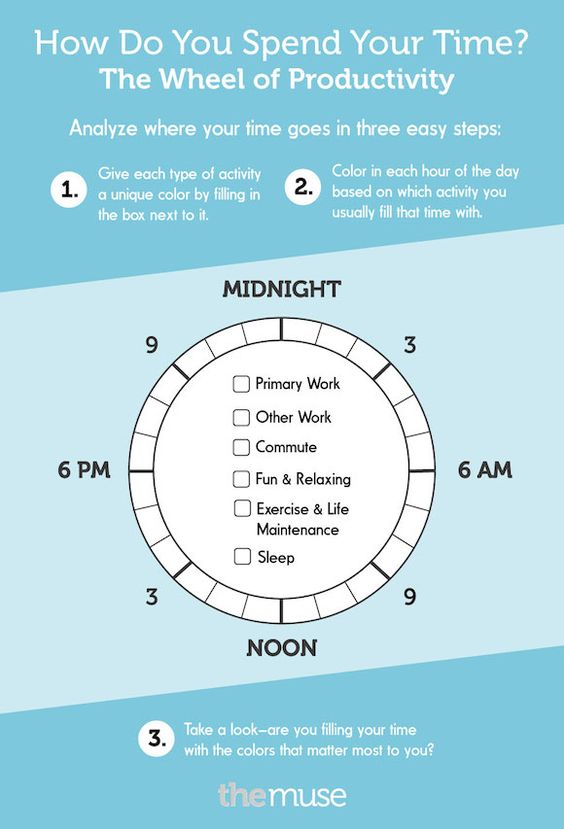As humans, we have a finite amount of time in a day, and time management is the key to effective use of those hours. It is the process of organizing and planning how to allocate time in various activities to increase productivity and work-life balance. Time management is a skill that can be learned and enhanced with practice, discipline, and dedication.
In today’s fast-paced world, where almost everything seems to be urgent and important, good time management skills are more critical than ever. So, what does time management mean in practice? Let’s dig into the details.
Time Management Definition
Time management is the process of prioritizing and organizing tasks and activities, reducing procrastination, and achieving optimal productivity in the time allotted. Effective time management enables individuals to accomplish goals and objectives in a more efficient and timely manner while also reducing stress and anxiety.
Time Management Objectives
The primary objectives of time management are to accomplish more with less effort, increase productivity, and achieve a better work-life balance. Effective time management also allows individuals to reduce the time spent on non-priority tasks and focus on critical activities that contribute to their personal and professional growth.
Time Management Strategies
Effective time management involves utilizing various strategies, including:
1. Prioritizing tasks and activities by importance and urgency
2. Breaking down tasks into smaller, manageable units
3. Creating a schedule or planner and sticking to it
4. Avoiding or minimizing distractions and interruptions
5. Delegating tasks to others when possible
6. Using technology and automation to streamline tasks
7. Reviewing progress regularly to make necessary adjustments
8. Taking breaks and practicing self-care to avoid burnout
Benefits of Time Management
Effective time management offers numerous benefits that enhance personal and professional growth, including:
1. Increased productivity and efficiency
2. Better work-life balance
3. Reduced stress and anxiety
4. Improved decision-making abilities
5. Increased time for personal growth and development
6. Better performance and achievements
7. Increased motivation and focus
8. Better time estimation and planning
Time Management Tips
Here are some useful tips to improve your time management skills:
1. Set clear and specific goals
2. Prioritize tasks and activities by importance and urgency
3. Utilize a planner or schedule and stick to it
4. Avoid multitasking and focus on one task at a time
5. Take breaks and practice self-care
6. Eliminate or minimize distractions and interruptions
7. Learn to say “no” to non-priority activities
8. Delegate tasks whenever possible
9. Use technology and automation to streamline tasks
10. Review progress regularly and adjust as needed
You might find these FREE courses useful
- Fundamentals of financial and management
- Introduction to Budgets in Microsoft Azure Cost
- Cloud Cost Management: Optimization Strategies
- Optimizing Your Google Cloud Costs
Conclusion
In conclusion, time management is a critical skill that enables individuals to optimize their time and achieve their personal and professional goals. Effective time management involves prioritizing activities and tasks, creating a realistic schedule, delegating when possible, and avoiding distractions. By practicing good time management skills, individuals can increase productivity, reduce stress, and achieve a more satisfying work-life balance.
